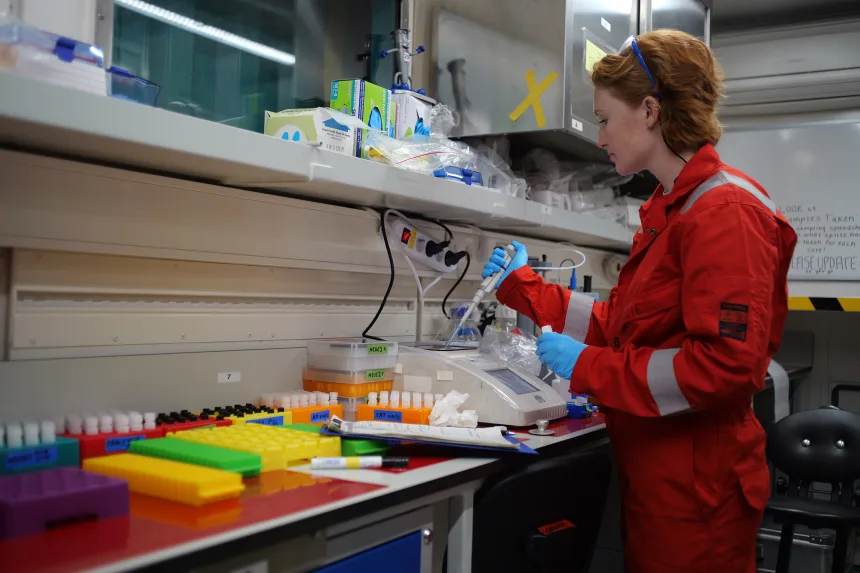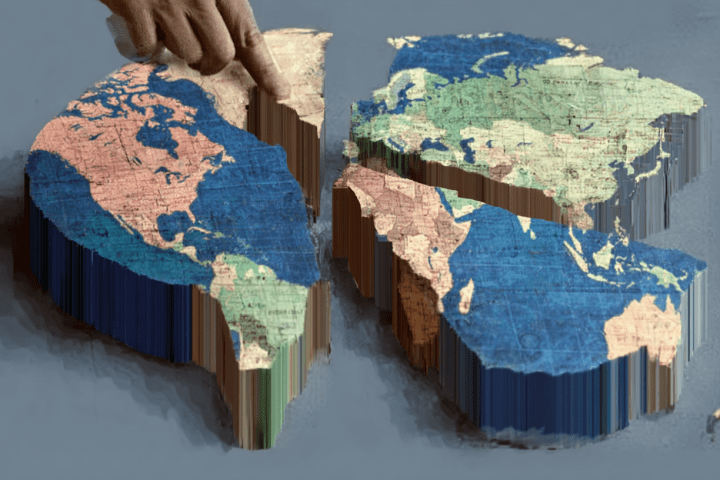This summer, a group of international researchers set out to ocean from Connecticut, USA. Aboard a drill ship, they spent three months doing something many considered impossible: searching for fresh ocean water beneath the ocean floor. And, as it turns out, it was worth it.
A gigantic reservoir has indeed been discovered beneath the continental shelf off the east coast ocean’s of the United States. Water was recovered from a depth of 300–400 meters. It turned out to be brackish, but still much cleaner than ocean water and fully meets drinking standards. Samples are currently being tested in laboratories: scientists are interested in its chemistry, microbes, and, most importantly, age.


Such deposits were discussed as early as the middle of the last century, when oil workers unexpectedly discovered fresh water while drilling. In 2019, scientists from the Woods Hole Institute produced a map showing an extended formation stretching from Massachusetts to New Jersey. But only now have direct samples been taken.
Many questions remain. If the ocean water is several hundred years old, this means the reserves are being renewed, and this is a source for the future. If the age is measured in thousands of years, the reservoir is irreplaceable and could quickly dry up. There are various theories about how the water ended up under the sea: either meltwater from glaciers or rainfall when the sea level was lower and the continental shelf was dry land.

It is estimated that the reserve would be sufficient to supply a metropolis like New York for hundreds of years. But extracting it is difficult: it is expensive, requires a lot of energy, and carries the risk of salinization. Furthermore, it is unclear who will manage such resources and how.
Scientists are cautiously optimistic. They say that within ten years, such underwater aquifers could well become an alternative to desalination, especially in the context of global water shortages. After all, almost half the world’s people live by the sea, and coastal groundwater sources on land are rapidly depleting.
Climate fight for our feature
The urgency of combating climate change is undeniable today. 2025 promises to break new temperature records and bring another wave of extreme weather. The world has reached a critical point: without real action in the coming years, it will be impossible to change the situation.
According to forecasts, there is a 70% chance that between 2025 and 2029, the average temperature will exceed the 1.5°C threshold. This means there is no time for lengthy discussions. What is needed is not only strategic plans for the decades ahead, but also urgent practical measures that will simultaneously reduce emissions and help adapt to the inevitable consequences of climate change.














